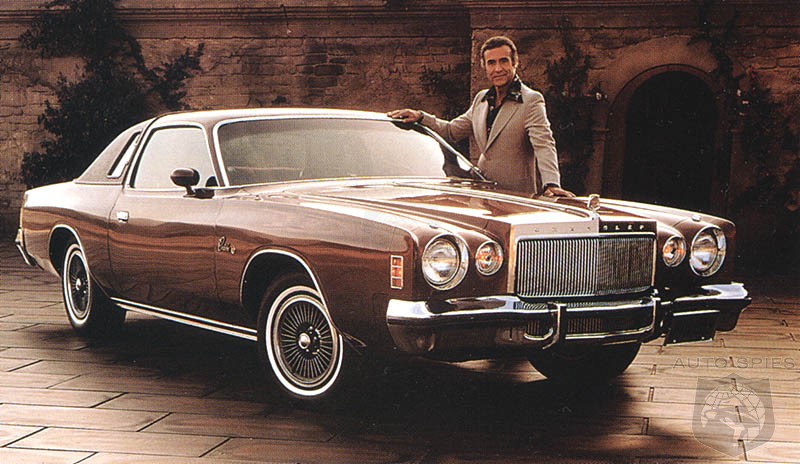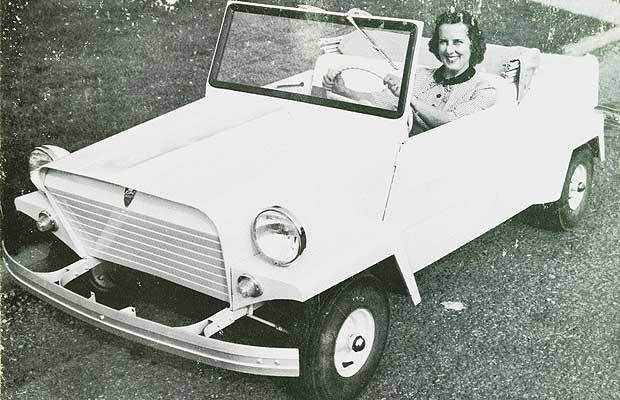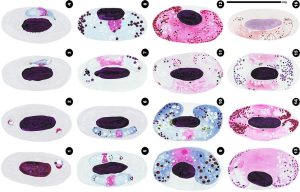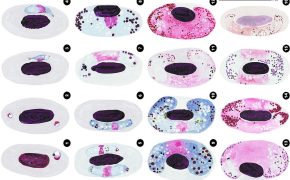What Makes That New Car Smell? And Will It Kill You?
The fabled “new car smell” induces weak knees in around 55% of males; it can induce them to spend inordinate amounts of cash on a mode of transport. I wanted to know what was involved in this mystical whiff, so I found out, and now I’m going to tell you about it. Whether or not you want to know is irrelevant to me.
This isn’t pointless knowledge though, oh no, Sir. Imagine this: if we discover the exact chemical composition of the new car aroma, we could make a male-specific aphrodisiac that actually works. Dragon’s Den, here we come, all we’d have to do is spray it in their face and they’d be sold.
If you’ve got enough money to buy a brand new car, I’m assuming you’re not reading my cheap, scummy website. But if you are, thanks for showing up, I’ll try to keep this highbrow.
What’s In The New Car Smell?
In the past, that new car smell was predominantly fresh leather. I think many of us will agree that there is a pleasing aroma to new leather. But as leather has been brushed aside for more hardy and less natural coverings, the new car smell has moved from dead animal to chemistry set.
The main cause of the modern new car smell are the various plastics and adhesives that are used during the manufacture of the car’s interior. These adhesives are, initially, slightly unstable and continue to release volatile organic chemicals for months. Yummy. Some of the aroma’s notes derive from phthalates and other plastic-softening chemicals that are used in car interiors.
A 1995 study of the air in a new Lincoln Continental found over 50 volatile organic compounds, coming from sources like cleaning and lubricating compounds, paint, carpeting, leather and vinyl treatments, latex glue, and gasoline and exhaust fumes. An analysis two months later found a significant reduction in the level of chemicals.
Not all new car smells are the same, each type of car has its very own bouquet. Apparently, Bentley cars produced from 1999-2002 had a bit of a foul aroma thanks to one of the rust inhibiting chemicals the manufacturers used. I bet the proud owner of the spanking new Bentley cars absolutely loved that foul toxic stench though.
So, for some reason, men have become enamored with the smells of various chemicals because they associate them with a new car and, therefore, financial success. Do you think that’s what has happened? If we were to give the same potent chemical cocktail to a tribesman in Papa New Guinea, do you think he would find the aroma alluring? How about if we asked a young English chap that had never been in a new car to smell the chemicals in a jar, do we think he would enjoy the smell? My prediction is that neither of our lab rats would enjoy the whiff on its own merits. Isn’t the human condition ridiculous?
Whether we agree that we’ve been conditioned to like new car smells through our desire to appear successful and wealthy, or not, there is a more pressing question to answer:
Is The New Car Smell Dangerous?
In any other situation, if you were asked to sit in a small room that was filled with over 50 chemicals for hours in a day, we might politely decline. Not so in this case though. Many people absolutely lap it up. An article in the Telegraph likened the enjoyment of the new car smell to glue-sniffing. LOL.
In a two-year study, an Australian group found several health problems associated with these “new car” chemicals. Dr Stephen Brown reported anecdotal accounts of disorientation, headache, and irritation in some drivers of new cars. He measured pollutant levels in new cars that were sufficient to cause similar effects within minutes in controlled experiments by other researchers. Some of the chemicals found in the cars were less than welcome visitors and included the carcinogen benzene, two other possible carcinogens – cyclohexanone and styrene, and many other toxic chemicals.
A more recent study in Japan found that the volatile organic chemicals in a new minivan were over 35 times the health limit the day after its delivery. In four months they had fallen under the limit, but increased again in the hot summer months, taking three years to permanently remain below the limit.
So, my advice to anyone reading this who is considering buying a new car is as follows: buy a car that is three years old and put the thousands of pounds you saved directly into my bank account. That way we all win, I’ve saved your lungs from a potential bashing and you’ve paid me for writing this boring article about new cars. Thanks.
MORE CARS:
HOW TO UNLOAD 1 TONNE OF BAMBOO IN TAIWAN





















